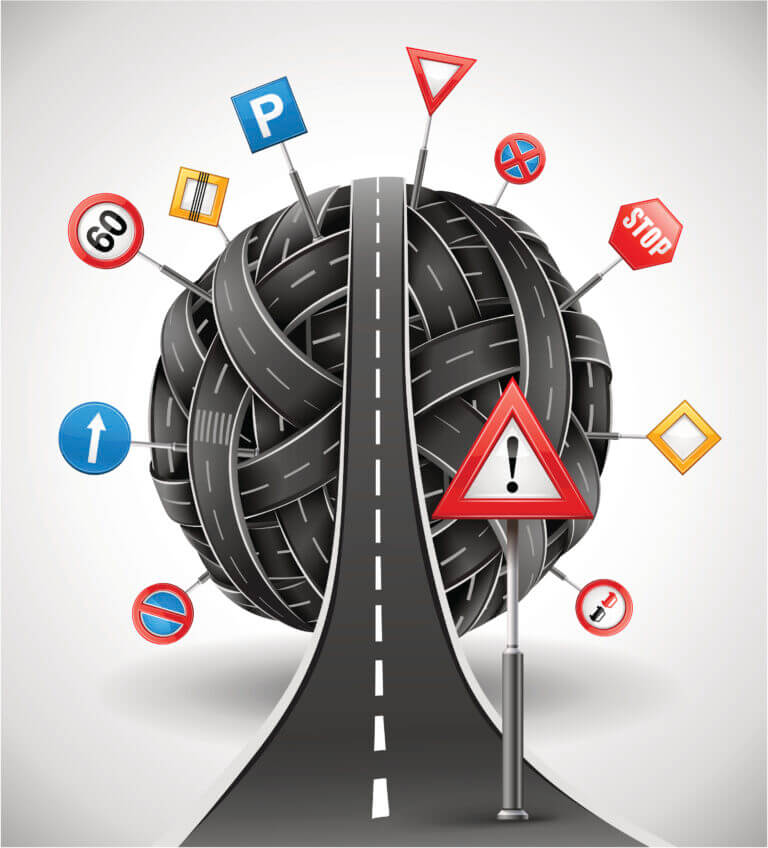Understanding the Emotional Fallout:
Q: How does vehicle theft impact individuals beyond the loss of property?
A: Vehicle theft can shatter a person’s sense of security and trust, leaving them feeling vulnerable and violated. The emotional fallout may include feelings of anger, fear, helplessness, and a loss of control over one’s safety.
Q: Can vehicle theft lead to lasting psychological effects?
A: Yes, vehicle theft can trigger or exacerbate existing mental health conditions, such as anxiety, depression, and post-traumatic stress disorder (PTSD). The emotional trauma may linger long after the physical recovery of the stolen vehicle.
Navigating the Healing Journey:
Q: What steps can victims take to cope with the emotional aftermath of vehicle theft?
A: Seeking support from friends, family, or a professional therapist can provide a safe space for processing emotions and rebuilding a sense of security. Engaging in self-care activities, such as exercise, meditation, or creative outlets, can also promote emotional healing and resilience.
Q: Are there specific coping strategies tailored to vehicle theft victims?
A: Yes, coping strategies such as reclaiming a sense of control through proactive safety measures, participating in victim support groups, and finding meaning in the experience through advocacy or awareness efforts, can empower victims to reclaim their narrative and heal from the trauma.
Embracing Resilience and Moving Forward:
Q: How can victims rebuild their sense of security and trust after experiencing vehicle theft?
A: Rebuilding trust often involves taking gradual steps towards reestablishing a sense of safety, such as implementing enhanced security measures, reclaiming a sense of agency through advocacy or activism, and focusing on personal growth and resilience.
Q: Are there resources available to help vehicle theft victims navigate the recovery process?
A: Yes, several organisations and support groups offer specialised services for vehicle theft victims, including counselling, legal assistance, and advocacy. Connecting with these resources can provide valuable support and guidance on the journey towards healing and recovery.
While the trauma of vehicle theft may seem insurmountable, it’s possible to rise from the ashes with resilience and strength. By acknowledging the emotional impact, seeking support, and embracing proactive coping strategies, victims can navigate the healing journey and emerge stronger than before. Remember, you’re not alone, and healing is possible. Together, we can overcome the trauma of vehicle theft and reclaim our sense of security and peace.



